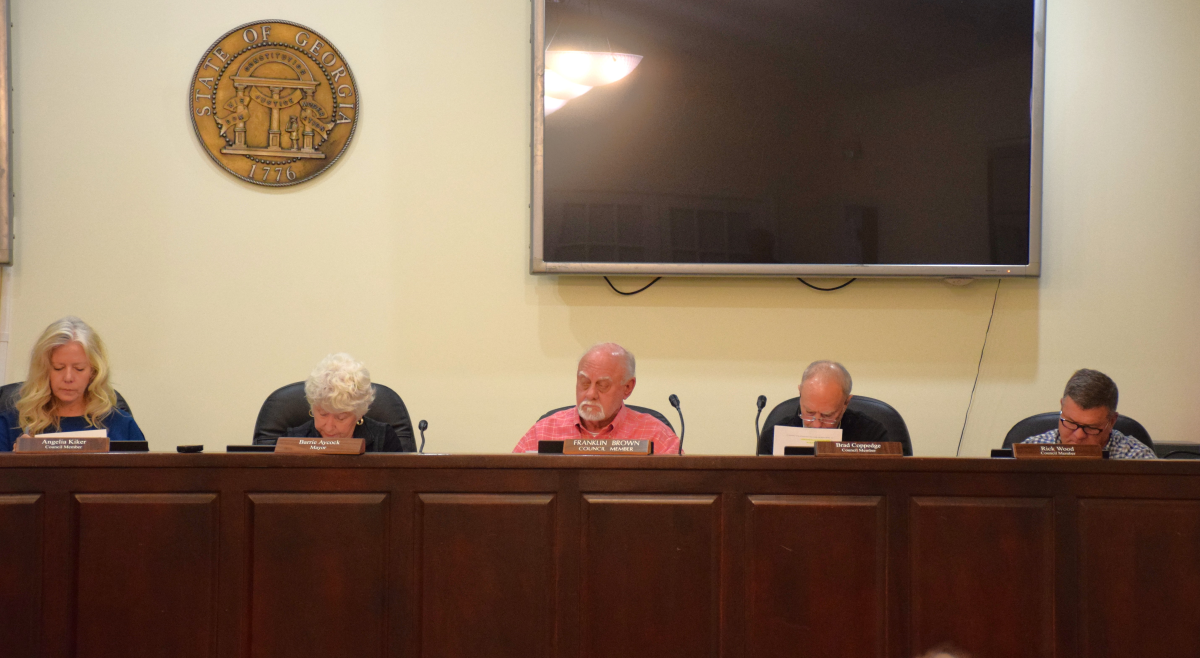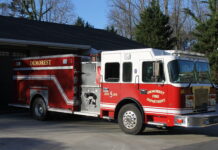
The Clarkesville City Council tabled its proposed short-term rental (STR) ordinance during the council’s regular meeting Monday night. The ordinance, under review for several months, encountered a hurdle when Councilmember Angelia Kiker expressed concerns, primarily regarding a provision restricting short-term rentals to 5% of the total units within the city limits.
City Manager Keith Dickerson clarified that the percentage could be subject to change later. He highlighted the broad definition of “short-term rental,” including the potential inclusion of various businesses. The use of a percentage, as opposed to a fixed number, accommodates future annexations, automatically adjusting the cap.
Dickerson explained that, according to the current zoning map, the city is predominantly zoned R-1, which prohibits short-term rentals. The ordinance references Georgia law as the guiding framework for short-term rentals, but Dickerson cautioned about the evolving nature of this issue over the past three years.
In areas across northern Georgia where tourism is strong, short-term rentals are putting the squeeze on an already tight housing market.
RELATED Residents pack White County short-term rental hearing
The ‘quadrant approach’
Councilmember Brad Coppedge emphasized the need to prevent Clarkesville from becoming oversaturated with short-term rentals in order to safeguard property values. He proposed a quadrant-based approach, dividing the city into 15 infrastructure quadrants to manage short-term rental density effectively.
Coppedge argued that looking at the city in quadrants would prevent undue concentration in any one area, ensuring better management of short-term rentals. He advocated for strategic planning to protect property values and prevent neighborhoods from becoming oversaturated with STRs.
Clarkesville Mayor Barrie Aycock asked about the current number of short-term rentals in the city. Dickerson responded that the city may have four that are active currently. Coppedge clarified that the policy under discussion is not for the present but for future considerations.
While Coppedge advocated for thorough planning, Kiker found the ordinance’s complexity unintended. She stressed that the ordinance’s goal was to protect both homeowners and short-term rental property owners. Coppedge countered, stating the quadrant approach provides clarity upfront for property owners.
Kiker added that when the council started this process, they didn’t know how many STRs were in the city. She said the intent was to streamline the process so those property owners could get a business license to operate in the city and to be treated respectfully and like a business.
After a motion by Coppedge to defer the vote for further refinement failed to receive a second, Council member Rick Wood proposed tabling the issue until February. This motion, seconded by Coppedge, received unanimous approval, indicating the council’s commitment to ensuring a well-thought-out policy for short-term rentals.







